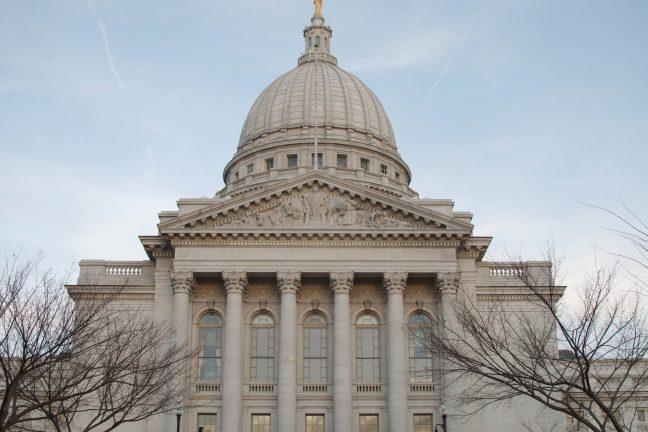The Wisconsin Department of Administration released the 2022 Annual Fiscal Report — which shows the difference between the state’s budget and the amount they spent — revealing a nearly $4.3 billion surplus.
If re-elected, Gov. Tony Evers plans to use the surplus to provide family caregivers with tax credits, increase funding for K-12 education and provide a $15o “surplus refund” to all Wisconsin residents, according to a press release from the office of the governor.
But, Wisconsin Policy Forum Research Director Jason Stein said this is contingent on whether Evers wins the Governor’s race this November against his Republican opponent, Tim Michels.
The increased balance is a result of a slight decrease in expenditures as well as an increase in tax revenue, Stein said.
“Taxes came in much stronger than budgeted,” Stein said. “Taxes were $1.6 billion more than expected.”
Tax revenue increased because of the stimulus checks the federal government sent out during the COVID-19 pandemic, Stein said. The stimulus checks encouraged Wisconsinites to spend more money, which resulted in increased tax revenue.
State tax revenue also increased due to inflation, which causes consumers to pay more in sales taxes per item, Stein said.
“It costs more to eat out at a restaurant because […] costs have gone up, labor costs have gone up so restaurants are charging more,” Stein said. “And customers, when they pay for their meals, are also paying the sales tax on that meal. So the sales tax collections are larger.”
Decreased state expenditures also contributed to the record-breaking surplus, Stein said.
Zoe Bayliss Women’s Cooperative will move to Langdon Street during summer 2023
COVID-19 relief from the government that covered a high percentage of Medicaid costs decreased expenditures, meaning that the state did not have to pay as much as it typically would, Stein said.
Stein added that having a large surplus is a relief, as it allows the state government to keep a substantial amount of money in the state reserves in case of a crisis, and that reserve money kept Wisconsin going during the COVID-19 pandemic.
“[It’s the] same principle as […] if you lose your job — you want to have some money in the bank,” Stein said. “You want to have some savings to tide you through that, and it’s the same in the state government.”




















